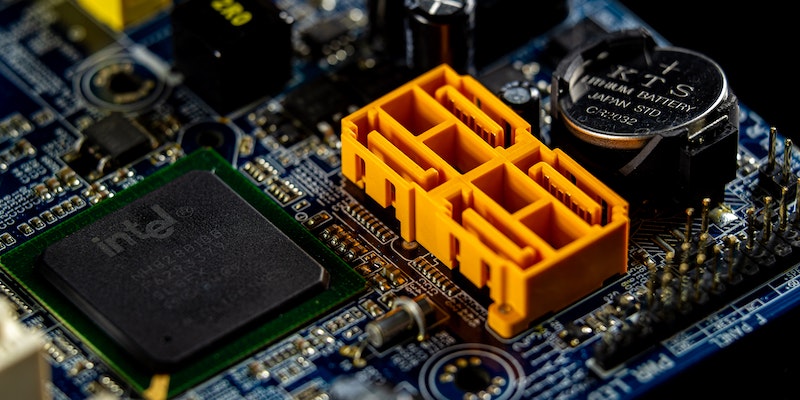The excitement surrounding Intel’s Raptor Lake Refresh range of desktop processors took a slight stumble recently when Intel issued a correction regarding their initial assertion of Thunderbolt 5 support. Thunderbolt 5, the next-generation connectivity standard, has been highly anticipated, promising blazing-fast speeds and advanced features. In this article, we delve into the corrected information, explore Intel’s clarification, and discuss the implications of this correction for the company.
Initial incorrect assertion
In their initial announcement, Intel had claimed that the 14th-gen Raptor Lake Refresh processors would support Thunderbolt 5 connectivity. However, it has now come to light that this information was incorrect. Tom’s Hardware first flagged the mistake, prompting Intel to release a clarification.
Intel’s correction
Intel quickly rectified its mistake by issuing an official correction statement. The company clarified that while certain processors within the Intel Core 14th Gen processor family would indeed support Thunderbolt 5, the desktop processors in the Raptor Lake Refresh lineup would not be among them. This clarification clears up the confusion and provides accurate information to customers and enthusiasts.
Limited Thunderbolt 5 support
Although the Raptor Lake Refresh desktop processors do not support Thunderbolt 5, there is still hope for Thunderbolt 5 adoption within the 14th-gen processor lineup. Other processors within this family are likely to feature Thunderbolt 5 support. However, Intel has not specifically mentioned which processors will include this advanced connectivity.
Other Issues with Raptor Lake Refresh
While the absence of Thunderbolt 5 support in Raptor Lake Refresh processors is significant, it is essential to consider other factors surrounding the product line. Raptor Lake Refresh processors are designed to deliver improved performance and efficiency compared to their predecessors. The focus includes architectural enhancements, increased core counts, and optimized power utilization.
Intel’s Mistake
Intel’s incorrect statement regarding Thunderbolt 5 support for Raptor Lake Refresh processors is indeed an important misstep. Such errors can impact a company’s credibility, especially when it comes to highly anticipated product launches. Nevertheless, it is commendable that Intel swiftly addressed the mistake and provided accurate information to prevent any misunderstandings.
Remaining questions
With the clarification from Intel, one question arises – which 14th-gen processors will support Thunderbolt 5 if not the Raptor Lake Refresh desktop processors? It is possible that Intel was referring to the upcoming Meteor Lake family of chips, which is set to launch alongside Raptor Lake Refresh in December. These processors are primarily designed for laptops, making the inclusion of Thunderbolt 5 more sensible due to the prevalence of Thunderbolt ports in mobile devices.
Thunderbolt 5 in mobile processors
The inclusion of Thunderbolt 5 support in the Meteor Lake processors aligns with the increasing demand for high-speed connectivity in mobile devices. Laptops, tablets, and other portable devices often rely on Thunderbolt ports for lightning-fast data transfer, video output, and charging capabilities. Therefore, Intel’s decision to incorporate Thunderbolt 5 in Meteor Lake processors is logical and in line with market expectations.
Future availability of Thunderbolt 5
It is important to note that Thunderbolt 5 is a recently announced standard, and widespread adoption will take time. Devices equipped with Thunderbolt 5 ports are not expected to be available until 2024. While this does not diminish the significance of Thunderbolt 5, it emphasizes the patience required before enjoying its impressive capabilities.
Intel’s recent clarification on Thunderbolt 5 support for the Raptor Lake Refresh desktop processors clears up any potential confusion among enthusiasts. As the company looks forward to launching the 14th-gen processors, it is crucial to provide accurate information to maintain credibility. While Thunderbolt 5 support may not be available in the Raptor Lake Refresh line, the inclusion in the Meteor Lake family of chips demonstrates Intel’s commitment to delivering cutting-edge technology to meet the demands of a fast-paced digital world.

